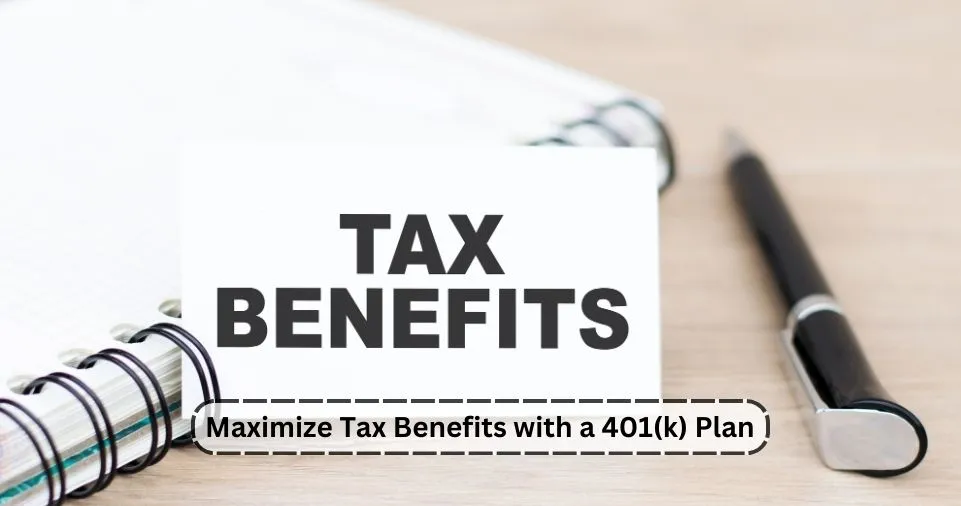Small business owners strive to grow their companies while ensuring employees have the resources and motivation to contribute effectively. One powerful strategy to achieve both goals is implementing a 401(k) plan.
401(k) demonstrate a commitment to employees’ futures. It also offers a variety of tax benefits that can significantly reduce the overall tax burden on the business.
This article will delve into how small businesses can maximize the tax advantages of a 401(k) plan, making it easier to save for the future while benefiting from immediate tax relief.
Key Takeaways:
- Small businesses can take advantage of significant tax benefits through 401(k) plans.
- Employer contributions and salary deferrals can reduce taxable income.
- Understanding tax credits and proper plan management can optimize savings.
Understanding the Basics of a 401(k) Plan
A 401(k) plan is a retirement savings vehicle that allows employees to contribute a portion of their salary pre-tax.
These contributions and earnings grow tax-deferred until they are withdrawn, usually upon retirement.
Employers can also contribute to employees’ accounts, effectively boosting their retirement savings.
By working with a reputable 401(k) company, small businesses can ensure that their plans are well-managed, compliant with regulations, and optimized for tax efficiency.
Understanding how these plans operate is the first step for any business owner looking to take full advantage of the associated tax benefits.
A well-structured 401(k) plan benefits employees by providing them with a robust retirement savings tool and enhances the company’s appeal as an employer of choice.
This can help attract and retain top talent, which is critical for small businesses looking to grow sustainably.
Furthermore, offering a 401(k) plan can improve employee morale by helping workers feel more secure about their financial futures. This sense of security can translate into increased productivity and loyalty, benefiting the business.
Employer Contributions and Tax Savings
One of the most significant benefits of offering a 401(k) plan is the tax savings generated through employer contributions.
When a business contributes to its employees’ 401(k) plans, those contributions are considered a business expense and are deductible from the company’s taxable income.
This can significantly lower the amount of taxes a business owes each year. Moreover, offering matching or profit-sharing contributions enhances employee retention and satisfaction and amplifies the business’s tax benefits.
For instance, if a small business matches employee contributions up to a certain percentage of their salary, each dollar contributed reduces the business’s taxable income by an equal amount.
Additionally, these contributions help build a positive employer-employee relationship, as employees recognize the company’s efforts to secure their financial future.
For the business, this translates to potentially lower turnover rates and reduced training and recruitment costs over time.
Ultimately, the dual benefits of reduced tax liability and enhanced employee satisfaction make employer contributions to a 401(k) plan a strategic move for any small business.
ALSO READ: How to Find a Dentist For You?
Employee Contributions and Tax Deferrals
Employees who participate in a 401(k) plan reap substantial tax benefits through salary deferrals.
By contributing a portion of their pre-tax income to their 401(k), employees reduce their taxable income for the year.
Consequently, they owe less in federal and, often, state income taxes. This tax deferment can be particularly beneficial for small business owners who participate in their own 401(k) plans.
By contributing the maximum allowable amount, they can significantly lower their taxable income, deferring taxes until retirement, when they may be in a lower tax bracket.
This strategy not only aids in immediate tax savings but also compounds the benefits of retirement savings over time.
Employees benefit by accumulating retirement savings more efficiently, thanks to the compounding growth of their contributions and employer contributions.
The long-term impact is a more financially secure retirement, which serves to attract and retain a dedicated workforce focused on collective success.
Taking Advantage of Tax Credits
Small businesses can also benefit from various tax credits designed to encourage the establishment and maintenance of retirement plans.
For example, the IRS offers a tax credit for small businesses that start a new 401(k) plan, which can cover up to 50% of the costs associated with setting up and administering the plan up to a set limit.
This credit can be a substantial relief for small businesses concerned about the initial expenses of implementing a retirement plan.
Furthermore, businesses incorporating an automatic enrollment feature in their 401(k) plans may qualify for additional tax credits.
Automatic enrollment helps increase employee participation rates, thereby enhancing the overall effectiveness of the retirement plan while giving the business a helpful tax break.
By taking advantage of these tax credits, small businesses can offset many of the costs of offering a 401(k) plan, making it a more financially viable option.
This approach maximizes tax benefits and promotes a company’s financial wellness culture.
Plan Management for Maximum Tax Benefits
Effective plan management is crucial for maximizing the tax benefits of a 401(k) plan.
This involves regular reviews of the plan’s structure and contributions to ensure all eligible employees participate and that contributions are optimized for tax purposes.
Detailed record-keeping of all contributions and expenses related to the 401(k) plan is essential for accurate tax filing and compliance.
Utilizing software tools and working with financial advisors or tax professionals can significantly aid this process.
These steps ensure that the business takes full advantage of all available tax deductions and credits, making the 401(k) plan a more powerful tool for financial planning and tax management.
Regularly communicating with employees about the benefits of participating in the plan and the importance of contributing can also boost overall participation rates.
This proactive approach helps create a robust retirement savings culture in the workplace and ensures that the business and its employees maximize their tax benefits.
ALSO READ: How to Trade CFDs on Forex Markets
Conclusion
Implementing and managing a 401(k) plan can provide substantial tax benefits for small businesses, from reducing taxable income through employer contributions to taking advantage of various tax credits.
By understanding the tax implications and maintaining diligent oversight of the 401(k) plan, small business owners can maximize these benefits, enhancing financial stability and growth for the company and its employees.
A well-managed 401(k) plan is not just a vehicle for employee retirement savings but also a strategic tool for effective tax planning and business growth.
By leveraging the tax benefits of a 401(k) plan, small businesses can create a win-win situation—securing their employees’ futures while benefiting from immediate tax relief.
This dual advantage makes the 401(k) an essential component of any small business’s financial strategy, fostering a more productive and financially secure workforce.







